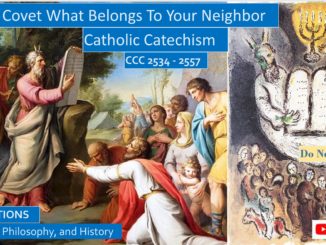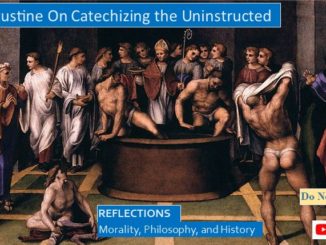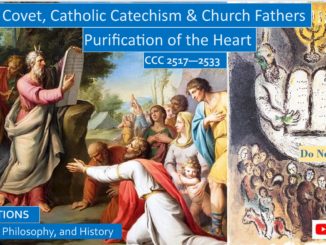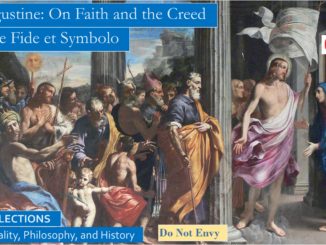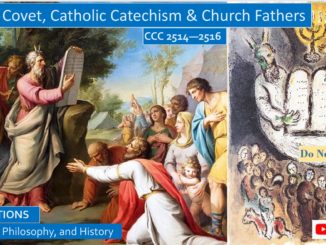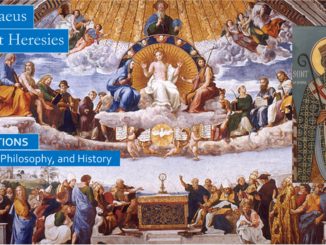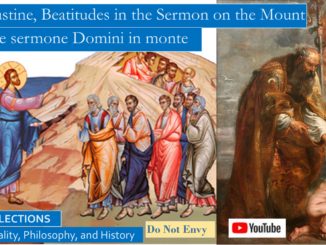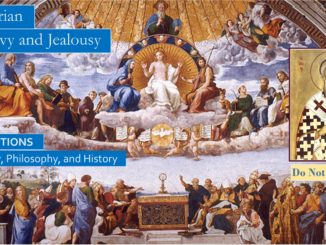
St Cyprian on Envy and Jealousy
St Cyprian warns us of the pernicious evils of envy. “What a gnawing worm of the soul envy is, what a plague-spot of our thoughts, what a rust of the heart, to be jealous of another.” How envy gnaws at our soul when we hate our neighbor for their prosperity, their good luck, their inheritance, when we make other people’s glory our penalty, when we allow envy to be the executioner of our soul. When we are consumed by envy, “no food is joyous, no drink is cheerful. The envious are every sighing and groaning and grieving,” our envy torments us day and night. […]

